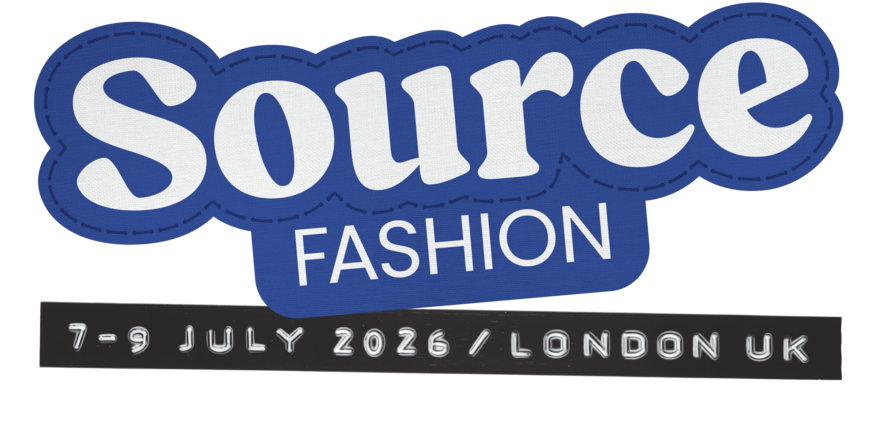Why sustainable brands are reframing to focus on quality
)
Pretty much any consumer survey will report that customers want to shop more sustainably. But it’s clear that reality is different to what the tick box responses say.
Consumers continue to spend their money with brands that are widely reported for their unsustainable practices (think Shein). Many would never even think of checking the sustainability credentials from a business before they buy. And they will side-step known environmentally-friendly options if the price is more appealing.
There are a number of factors feeding this - economic climate, political environment, convenience, to name a few.
But sustainability itself - as a concept, as a label - has also taken an image battering. Greenwashing and clever use of vague environmentally-related terms have eroded consumer trust. Instead of feeling inspired and positive, consumers increasingly feel overwhelmed by sustainability messaging and stressed by reports of an environmental crisis that seems to be worsening rather than getting better.
It’s a tough sales environment for sustainable brands. Which explains why many are responding by reframing their brand messaging to talk about product first, rather than sustainability.
Image credit - Tony’s Chocolonely
Product over purpose
Swedish fashion brand ASKET was founded on the concept of reduced consumption via timeless, permanent clothing collections. And the company was loud and proud about this as a point of difference.
However, recently the brand has shifted its messaging to centre the quality of its products more. Essentially, rather than promoting itself as the sustainable option for consumers, ASKET is now talking up quality - with sustainability being an associated benefit.
This shift is happening in every sector. Tony Chocolonely, the Dutch chocolate brand known for its ethical mission to end exploitation in the cocoa industry, is also pivoting to talk about its product more - rather than its purpose.
One of the big things about Tony’s is that the business only exists because of its mission. This means that the brand makes chocolate as a marketing tool to highlight exploitation in the cocoa industry and to show that there is another - viable - way to do business. It doesn’t just make chocolate to make money.
You could say that this means that talking about the product isn’t important. But it absolutely is.
As chief brand officer Sadira Furlow put it in a conversation with The Drum, Tony’s has to “accept that there are going to be more people that come into the brand through the chocolate than through the purpose.”
Arguably - although Tony’s has done incredibly well in communicating its ethical mission - it hasn’t really talked about its chocolate as much. And this is a product category that is primarily focused on taste.
In all product sectors, there will be some consumers who are specifically looking for sustainable options and will back the brands that are leading the way. But there’s a larger sub-set of shoppers who are looking for a product first and then verifying if the brand is sustainable. And, realistically, there’s an even bigger group of consumers who are product-first and don’t factor sustainability in at all.
If sustainable brands want to appeal to the mass-market, then they need to appeal to those who aren’t shopping specifically for eco-friendly products.
Put it this way - every customer who buys Tony’s instead of another chocolate brand is a win for sustainability. But most of those customers are buying chocolate for taste. By making the best tasting chocolate possible - and advertising it on that basis - Tony’s can take more market share, which has a net benefit for sustainability.
Image credit - clé
Sustainability is quality
LA-based lifestyle brand Flamingo Estate has never advertised itself as a sustainable business. It has always positioned itself as a luxury option where customers pay more for the quality of its nature-inspired products and their raw ingredients.
Yet, the business has sustainability built in. Flamingo Estate sources its ingredients from its own orchard and gardens, as well as local farms and producers that adopt regenerative agriculture principles. Limited production is a natural side effect of this strategy as Flamingo Estate only produces as much as the raw ingredients enable it to.
This means if a harvest is poor one year, then there is less of an ingredient, so fewer products are made.
By educating customers about its production strategy and why ingredients cost more when sourced locally, Flamingo Estate justifies its higher prices. It’s basically a case of quality and scarcity being the drivers of sales and sustainability, once again, being an associated benefit.
And when you think about it, perhaps it always should have been this way round.
Sustainable companies tend to charge higher prices for their products because they have higher costs - raw materials, labour, packaging all cost more when you care about where they come from, work conditions, and what they’re made of.
Justifying those prices purely on the basis of sustainability is a harder sell. What the majority of consumers care about most is whether the product is great.
By switching to talking about the attributes and benefits of the product, its design and the craft and creativity that goes into it, brands can attract more customers.
For Tony Chocolonely, that’s talking up the flavour of its chocolate. For Flamingo Estate, it’s talking about the quality of its ingredients. For ASKET, it’s highlighting its timeless design and product longevity.
It’s not about selling out, throwing away principles, or kicking sustainability to the sideline. Because quality is intrinsically connected to sustainability. All of the factors that improve the quality of the product also tie into how sustainable it is.
And as mentioned already, the more customers who buy from a brand with sustainable principles because of the quality of the product, the greater the overall benefit to the environment.

